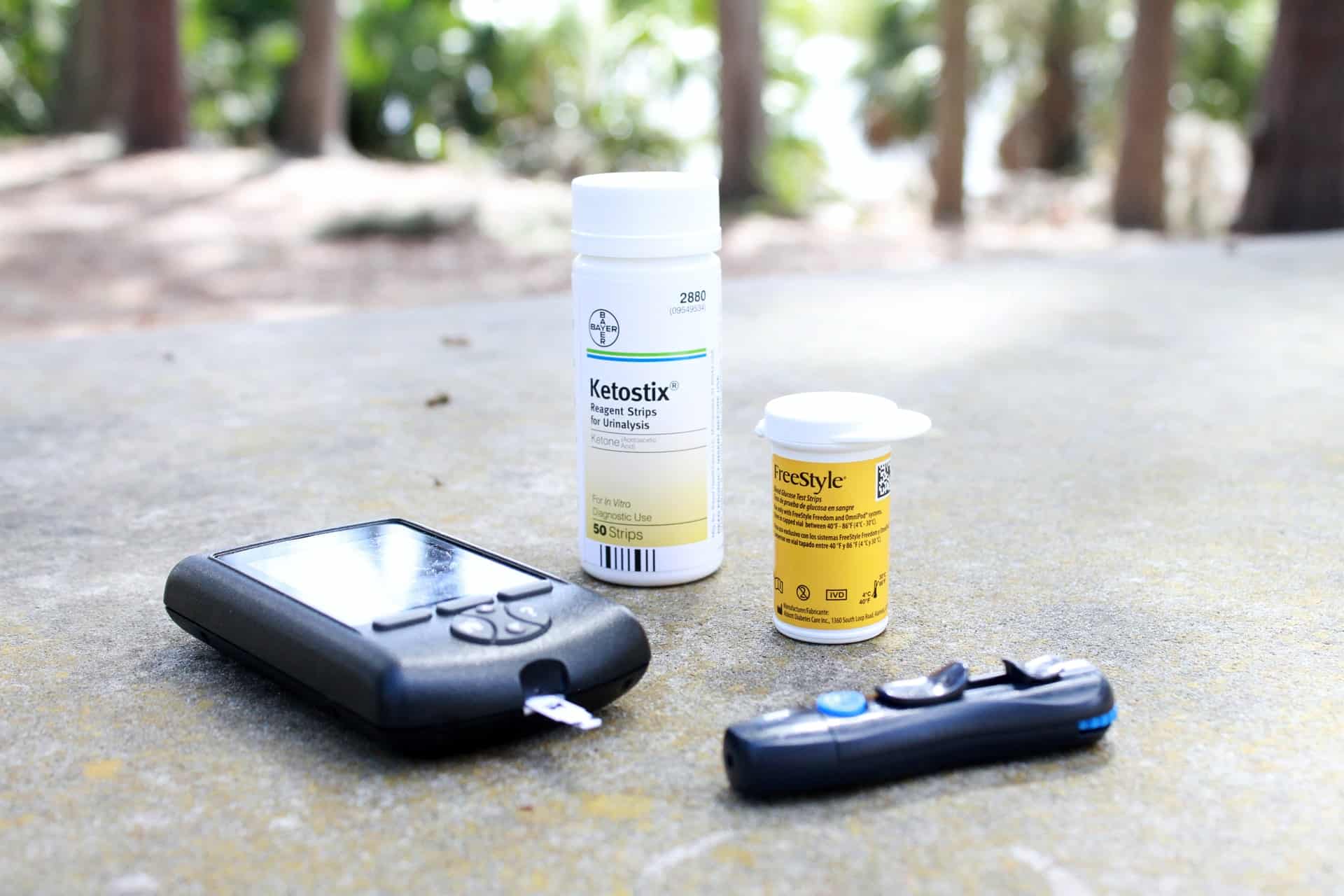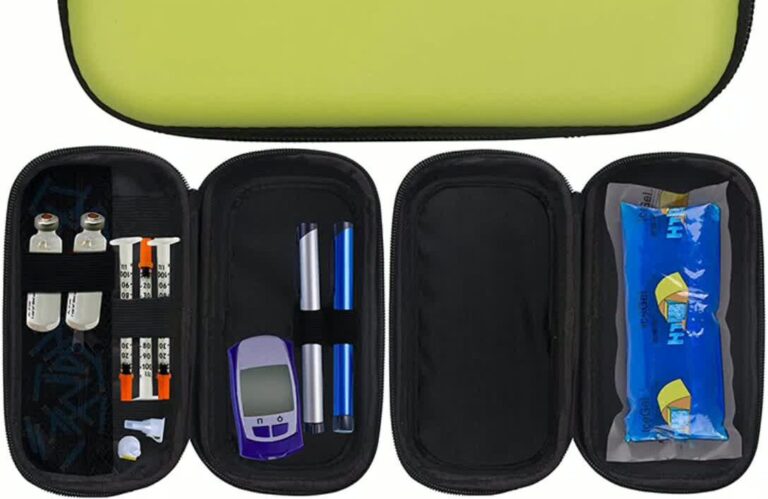What Travelers with Diabetes Should Know Before Traveling
Traveling with diabetes requires careful planning. This helps you manage your blood sugar during your trip and effectively handle any emergencies that may occur. Below are a few tips on what you need to know to make your trip safe and successful. Read on to find out what travelers with diabetes should know before traveling.
-
Speak to Your Doctor First
Before going on a trip, consult your doctor at least one month before your travel date. Speaking to your doctor not only helps you establish whether you are fit to travel or not but also allows you to get your prescription refills. Your doctor will also advise you on how to manage your condition when crossing time zones; and if you have to adjust your insulin levels.
A medical checkup will ascertain whether your condition is stable enough for you to travel. Whether or not the doctor gives you a go ahead, always request for a written note. If you have to cancel your travel due to health reasons, you will have your doctor’s written proof when claiming your insurance. Knowing your medical state also allows you to get the necessary supplies for managing your blood sugar while traveling.
-
Get Your Doctor’s Letter
Note that you will need documentation from your doctor explaining your condition, medical prescriptions, as well as dosage. The paperwork is necessary as it explains why you need to carry all your medical supplies with you when traveling by air. Without the documents, you may have your supplies confiscated for exceeding the limitations on liquids you can carry on.
Travelers with diabetes also require a prescription of your medication, equipment for blood testing, and an insulin refill. In case you lose your supplies, your doctor’s prescription will help you get replacements from the nearest pharmacy. Since diabetes laws vary from one state to another, always do your research and plan accordingly.
-
Ideal Food Choices
Eating while traveling requires you to count your calorie and glucose intake. Before traveling, inquire from your airline about the availability of diabetes-friendly meals. If you can’t get your healthy meal choices, buy your food before leaving. This includes foods such as yogurt, nuts, lean meat, and sandwiches. Also, carry soda, glucose, or candy to manage the lows.
Fortunately, you can always consult your dietician regarding the right food and food portions for you during the trip. The dietician can also teach you about ideal food choices and how to measure portion sizes. Be aware of indulging too much in a high-carb diet and alcohol as they may cause your blood sugar to spike.
-
How to Pack Your Medical Supplies
When packing your medical supplies, pack twice as much as you presume you will need. If you are flying, don’t keep your medical supplies in your checked luggage as there are numerous situations where they can be exposed to uncontrolled temperatures. You may also experience delays, and your luggage can even get lost.
To avoid inconveniences, keep your medical supplies in your carry-on for easy accessibility. However, consider putting your extra supplies in another bag as back up. Remember to keep your insulin and glucose meters in a cool place.
-
Preparing for Emergencies
Always prepare for emergencies before leaving. Do this by buying travel insurance, learning about local hospitals and pharmacies, and keeping emergency contacts. Whether you are traveling with kids or alone, travel insurance is crucial even for people without diabetes. It provides additional cover if your insurance falls short.
Also, have a medical ID bracelet and disclose your condition to at least one person during the trip if you are traveling alone. Doing this will make it easy to get help if you are involved in an accident or become hypoglycemic. When traveling to places where English isn’t a common language, learn diabetes-related terms in the local language before traveling to help you communicate when the need arises.
The above tips for travelers with diabetes will help you travel safely and manage your condition effectively.



